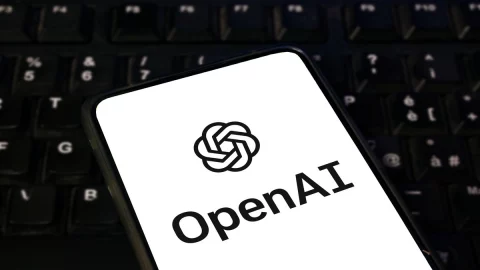The Vodafone Group today announces new rules against fake news and hate speech, to prevent its advertisements from appearing on digital media, the main objective of which is the dissemination and sharing of such content.
The new rules - which are already in force - include the definition of hate speech and fake news, to establish whether or not a particular digital media can host a Vodafone advertisement, without however affecting its access to the network.
Context: the digital advertising market
Over the past decade, the rapid growth of digital advertising has allowed big brands like Vodafone to engage directly with consumers and businesses. More recently, the advertising industry and digital advertising providers, such as Google and Facebook, have developed advertising technologies that use algorithms to specifically target digital advertising to different demographics of users, dynamically positioning ad space according to of the websites and social media visited.
If on the one hand programmatic advertising is an effective tool - as it allows you to concentrate and segment online investments - on the other hand, in some limited cases, it is possible that it can lead to unwanted and potentially harmful results, including advertising alongside content offensive. Furthermore, programmatic advertising can have the effect of generating revenues for digital media whose main objective is to incite hatred or spread deliberately false news.
The CEO of the Vodafone Group, Vittorio Colao, states: “The spread of fake news and incitement to hatred jeopardize respect and trust, which are the basis of civilized life. Vodafone actively promotes diversity and inclusion, and considers the integrity of democratic processes and institutions to be of fundamental importance, which are often the target of those who spread deliberately false news. We will not tolerate any association between our brand and offensive or harmful content."
Vodafone rules globally
Vodafone already has several rules to ensure transparency and integrity in the allocation of advertising budget. For example, it has a policy that specifically prohibits using business relationships with media organizations to influence their views on Vodafone products, services and business, stating that “Vodafone or its representatives are strictly prohibited from threatening to take away publicity to those who criticize the company at an editorial level, or even just hint at the possibility of directing or increasing advertising investments on condition of receiving more favorable media treatment".
The new rules against fake news and hate speech follow a whitelist approach through a control system implemented by Vodafone's global network of advertising agencies (led by WPP), Google and Facebook. These controls ensure that Vodafone advertisements only appear within digital media that does not focus on harmful content.
This monitoring will be reviewed regularly by Vodafone and its global network of advertising agencies to ensure that the selection of media to be whitelisted is appropriate, neither too broad nor too narrow.
The new rules are as follows:
Block advertising on digital media promoting hate speech and fake news
Vodafone, any third party acting on its behalf and its advertising platform providers (including but not limited to Google and Facebook) must take all necessary measures to ensure that Vodafone advertisements do not appear within digital media promoting the hate speech and fake news. We define the latter as press organizations whose main purpose is the dissemination of content that:
deliberately degrade women or vulnerable minorities (hate speech); or
present as fact-based (therefore not satire or opinion), news that has no reliable primary source (or that is based on a fraudulent attribution to a primary source), or news that a reasonable person would deem to be deliberately misleading (fake news).
It should be noted that:
· the terms "media" and "press organizations" refer to all social media, digital, print and television or radio broadcasting channels, sites, applications, programs and publications;
· the term “advertising” refers to all forms of brand promotion, advertorials, sponsorships and co-marketing arrangements;
· these mandatory rules apply to all Vodafone brands, those of subsidiaries, joint ventures and sub-brands.




